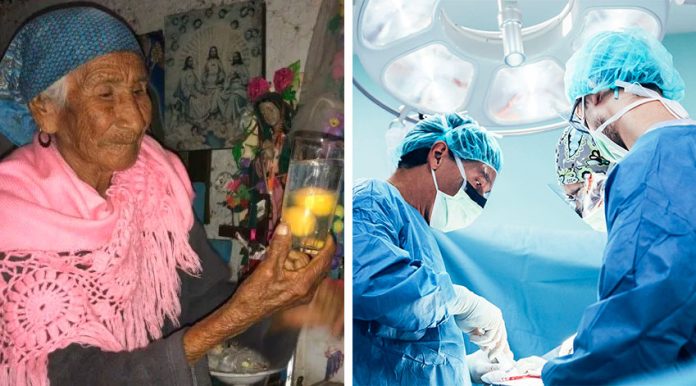An acquaintance of mine recently posted on Facebook an article with recommendations for “all-natural treatments used in medieval times,” the implication being that they were far superior to modern, sterile medicine.
The urge to comment was strong: “You mean medieval times when everyone died before they had a chance to get wrinkles?” but I abstained.
When a doctor offered a few years ago to put me in touch with a woman who would “pass an egg over my body” to rid me of a stubborn sinus infection that I couldn’t seem to shake, I decided to stop seeing him.
Mexico is an interesting mix of modern medical care and traditional treatments. In major cities hospitals, clinics and private practices abound alongside markets full of traditional healing herbs and neighborhood hueseros (from what I gather they are somewhat like traditionally-trained chiropractors) and herbalists.
The weather —especially if it’s cold — is continually blamed for all manner of maladies, and it seems even many medical professionals downplay the role of viruses and contagion.
Although there seems to be quite a bit of overlap, the tension between “modern medicine” and “traditional” treatments, which can really be divided into two types — authentic traditional treatment actually practiced by poor indigenous communities and new age-y, expensive “all natural” remedies often imported from the U.S. — can be quite high.
Overworked doctors doing their best to treat the public can feel exasperated by some patients’ insistence that they’ve “done research” about alternative therapies and prefer them instead, and sick patients fed up with not being able to heal despite countless treatments can become their adversaries without meaning to.
Pseudo-scientific “alternative” therapies, usually expensive, often pop up to fill those gaps. One woman told me a couple of months ago with a completely straight face that she routinely paid for expensive “ozone treatments.” I didn’t quite understand what they were for, but was alarmed to hear that “the only way for it to work” is for it to be pumped into one’s anus.
In my own city (Xalapa, Veracruz), there are plenty of alternatives for those who wish to avoid the doctor. The use of essential oils is becoming very popular — just this morning I saw a mother rubbing some on her child’s neck before entering school — and just as many people in search of treatments can be found in the market as in the pharmacy.
Homeopathic doctors are popular, and while I’ve not found success with any myself, many people I know attest to their effectiveness.
I am not against anyone trying alternative therapies, but some stories from communities with large, young expat populations alarm me. A friend who lives in one of these communities tells me that nearly every paisana she knows refuses to vaccinate her children, and a doctor acquaintance has told me numerous stories of children being so sick they needed to be hospitalized because the parents refused to treat them with anything other than essential oils, insisting they simply needed time “for their bodies to respond.”
Unlike in indigenous communities where the same types of traditional medicine have been practiced for hundreds of years, these tend to be educated, wealthy people eschewing the medical establishment. There’s usually some kind of vague conspiracy theory involved about “the medical machine” wanting to keep people sick so they keep going back to pay for more appointments and treatments, which I think points to a flatteringly impossible degree of organization and purpose.
I’m not saying that non-medical treatments can’t work — I’m more than willing to admit there are things we simply don’t know about how the body works and what it responds to — but my eyes roll so hard they almost get stuck in my head when I hear otherwise educated people preach about the dangers of modern medicine.
How do they think we’re living so long these days? I mean, really.
On the other hand, “the medical establishment” in Mexico (and by this I mean policy-makers more than healthcare workers “on the ground,” who in the end have little say over country-wide policy) could stand to lay off a bit on communities tended to by midwives and traditional healers in the absence of well-staffed clinics.
The hard truth is that we’re all going to die of something someday, and no amount of sleek surgical technique or traditional medicine is going to stop it from happening. In the meantime, why not do some scientifically valid tests on all those “traditional” methods that there isn’t any “hard” evidence for?
The more we know for sure about what works, the more people we can help, which is why healthcare workers and traditional healers alike enter the field in the first place.
I’ll be especially eager to hear the results of the oxygen-in-the-butt treatment.
Sarah DeVries writes from her home in Xalapa, Veracruz.
